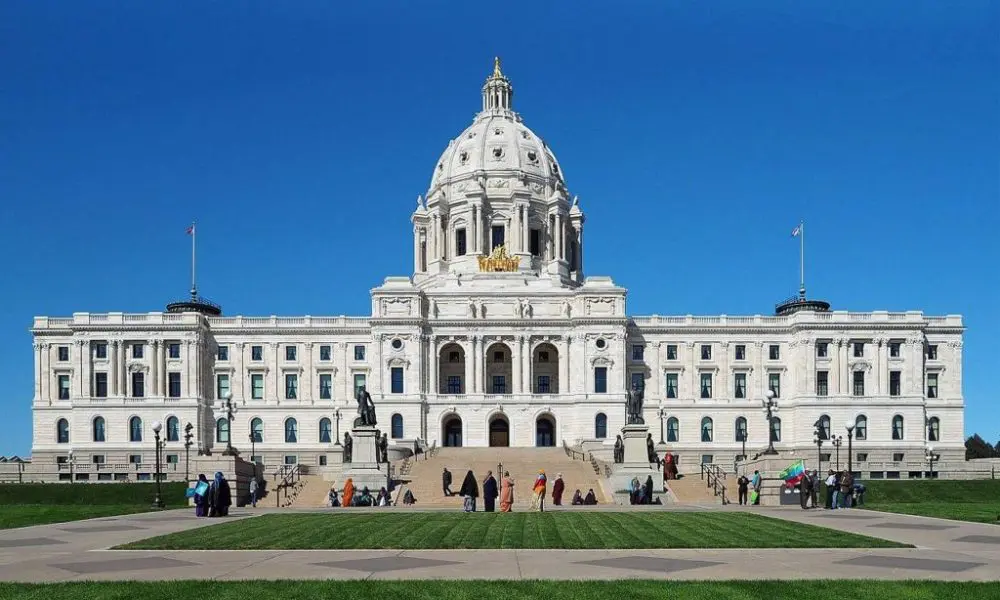
Andy Platto, executive director of the Minnesota Indian Gaming Association, told attendees at G2E that he’s confident the state will have legalized sports betting.
Attempts to legalize sports betting in Minnesota this year fell short when the legislative session ended in May, but Platto talked about getting a bill passed in 2025.
“A year from now at G2E, I believe it’s quite possible we will have ended the sports-betting prohibition in Minnesota with a bill that’s tribally exclusive, respects tribal sovereignty, and ensures that every tribe gets a benefit regardless of their ability to garner market share in the mobile market,” Plato said in a session on tribal sports betting and sovereignty.
In the final days of the session, there was a breakthrough, with all major stakeholders agreeing either to support or remain neutral on a framework that would benefit many gaming operators in the state, Platto said.
“This includes all tribes, the state’s two horse tracks, and charities that operate a $4 billion a year gaming industry,” Platto said. “It’s supported by all of the platforms and Minnesota professional sports teams and by more than half of Minnesota residents. With the election coming up in the House in a few weeks and moving into a budget year, this framework could fall apart. But this is as close as we’ve ever come to ending this decision.”
A bill backed by Rep. Zack Stephenson gives the state’s tribes exclusivity on sports betting with sportsbooks and mobile wagering. From a net-revenue tax of 22%, a substantial amount would go to charitable-gaming entities, a smaller portion to the state’s two racetracks and tribes. There would also be allocations for problem gambling, attracting major sporting events, and funding youth sports, according to published proposals.
“Our biggest challenge is that we don’t have the votes necessary from one party to pass,” Platto said. “We need bipartisan cooperation. Gambling policy in Minnesota isn’t generally partisan but controversial bills that require votes from both parties don’t occur in a vacuum. As we saw in the last session in Minnesota and earlier this year, other non-gaming partisan issues dominated the end of the session, which made any kind of bipartisan cooperation to pass a sports-betting bill impossible.”
Platto said tribes aren’t looking at igaming at this time, but focusing on setting an exclusive precedent in the mobile sports betting market is important for the future of igaming in the state.
“I don’t think Minnesota tribes would be interested in gambling expansion like mobile sports betting, unless the state fixed what it did with pull tabs,” Platto said. “The state about 10 years ago heard from charities who wanted to put a paper pull tab on an iPad. We said okay, but they need to be opened like a paper pull tab and not have bonus games and free spins that mimic video slot machines. That was in the statute. Ten years later, the games are virtually identical to video slot machines. The good news is the legislature fixed it and those things will come off the market in January. They’ll go back and mimic the paper games.”
In 2020, Washington enacted sports wagering, where tribes have kiosks and sportsbooks and are allowed to offer it on their premises, but not off property. Rebecca George, executive director of the Washington Indian Gaming Association, said they’re keeping an eye out for online gaming.
“Across the nation, tribes are innovating,” George said. “We’re studying it and understanding the industry and the players and getting our arms around what it means. We would have to take it back to our state legislature. We have a pretty prohibitive gaming statute that doesn’t allow for the transmission of gambling information. Right now, we’re coming together and having those discussions. If we move forward, what it could look like.”









